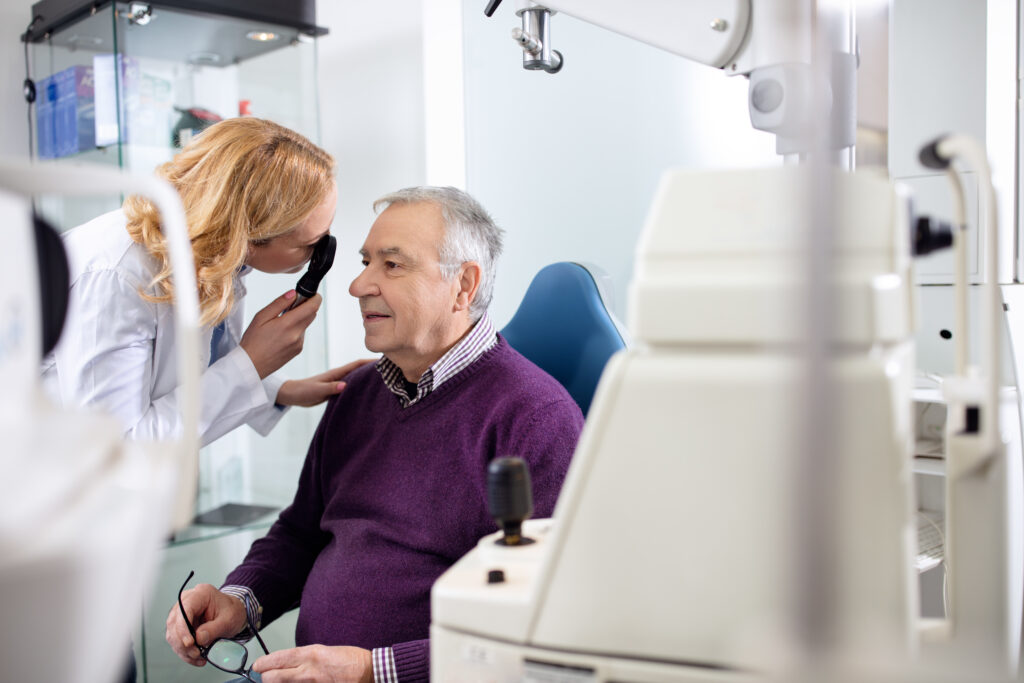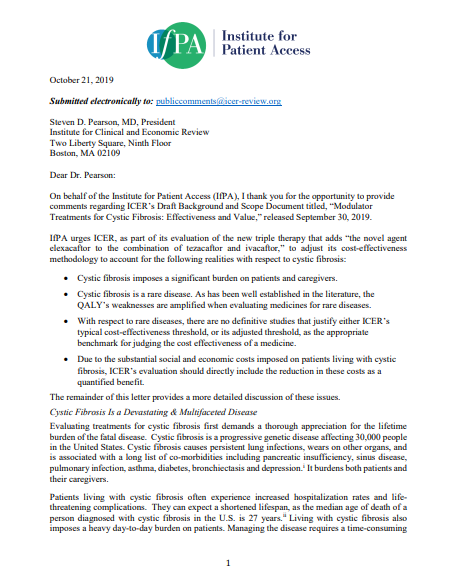ICER Videos
If you don’t know ICER, you should. IfPA’s new videos explain what the health economic organization is leaving out of its analysis – and why it matters. What’s Wrong With ICER? Sometimes economists can have more control than your doctor about whether you get the medicine that treats your condition. Why Health Care Providers Should […]
Of Sweat and Stigma

This November, during Hyperhidrosis Awareness Month, advocates are committed to correcting misconceptions about the condition.
Eye Health Poses a Global Challenge

A new report from the World Health Organization paints an alarming picture of vision health.
Video: What’s Wrong With ICER?
Sometimes economists can have more control than your doctor about whether you get the medicine that treats your condition.
VIDEO: Why Health Care Providers Should Care About ICER
ICER’s value assessments can make it difficult, if not impossible, for patients to get the medicine they need.
Physicians’ Prior Authorization Plea

America’s health care providers have a clear message for Medicare administrators: It’s time to fix prior authorization.
A Tale of Two Drug Codes

Two isn’t always better than one. Just ask patients caught in the confusion of two national drug codes for the same cholesterol-lowering medicine.
Let ICER Hear From You
A health economics organization called the Institute for Clinical and Economic Review is publishing a migraine report that soon could influence whether your patients can access the medicine you prescribe. Your input is vital. What is ICER? ICER, or the Institute for Clinical and Economic Review, is a non-governmental health economics organization that analyzes drugs’ […]
What Patients Want from ICER
The Institute for Clinical and Economic Review is getting an earful from patient advocates.
Comments on Draft Scoping Document for Modular Cystic Fibrosis Treatment

Not only is cystic fibrosis a devastating disease, most patients living with cystic fibrosis do not have access to an effective treatment. The results from clinical studies indicate that the addition of the new triple therapy will make treatment possible for around 90 percent of patients. The patient community is eager for this advance, and […]

